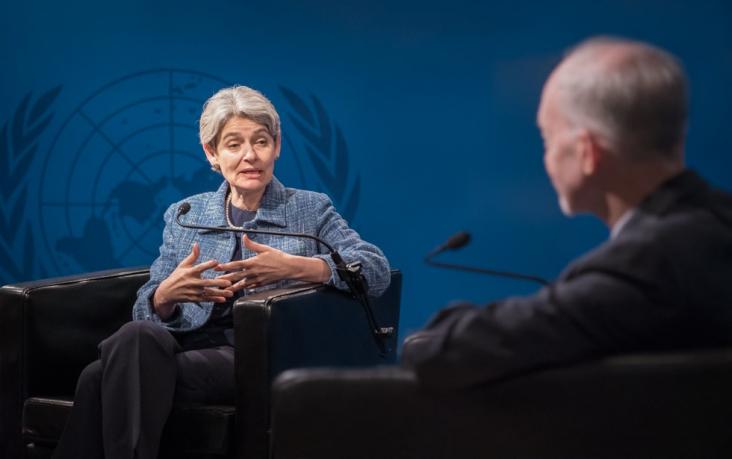This chapter advances the UN SDG goals 3 and 17 discusses the links of Amyloid β(Aβ) to AD.
Elsevier,
Autophagy Dysfunction in Alzheimer's Disease and Dementia, First Edition, 2022, pp 263-290
This chapter advances the UN SDG goals 3 and 17 by reviewing recent drug discoveries and autophagy regulation which is essential for the treatment of AD.
This chapter advances the UN SDG goals 3 and 17 by brings together medical and computational domains to discuss the use of deep learning (DL) and machine learning (ML) in the early detection of AD.

In order to address the impacts of climate change, this manuscript presents a strategy developed to create a central resource, database and web-based platform to integrate data and information on the drivers and the changes within Guyana coastal and marine environment.
This chapter advances SDGs by explaining how the economist takes part in bridging the gap between science and policy.
This book chapter advances SDGs 13, 15, and 17 by explaining how conservation of species in the wild by creating sanctuaries is most successful if aspects of behavior such as territoriality, dispersal, and migration are factored into sanctuary design.
All aspects of sustainable development - biodiversity, food production, water treatment, climate change, energy opimisation - in years to come will capitalize greatly on digitalization.
A Comment on the collective action required to tackle the environmental crisis, in the context of SDGs 12, 13, and 17, calling for a limit to increases in average global temperatures, a halt in the destruction of nature, and the protection of health to be prioritised.

COP26 is the 2021 United Nations annual climate change conference. COP stands for Conference of the Parties.
Partner content
United Nations UniversityUnited Nations University, October 2021

The UNU Conversation Series provides a unique public platform for influential experts, world leaders and respected scholars and authors to share personal insights on contemporary global affairs, politics, and media. Held in Tokyo at UNU headquarters, the Conversations are hosted and moderated by UNU Rector and UN Under-Secretary-General David M. Malone
